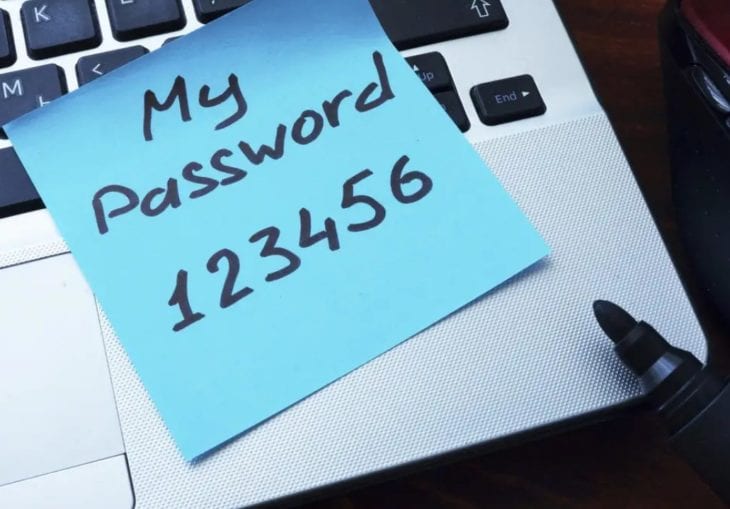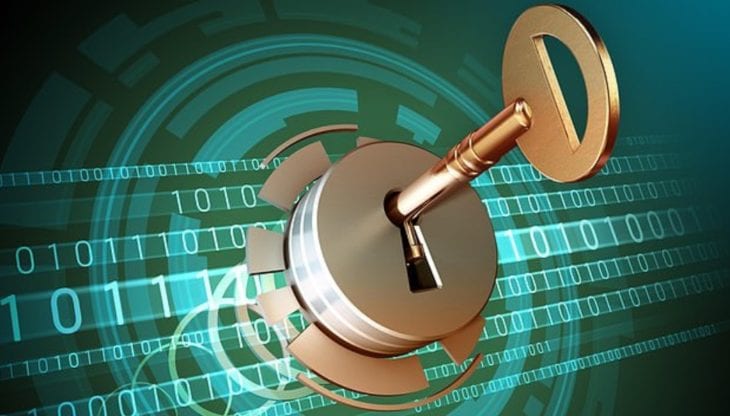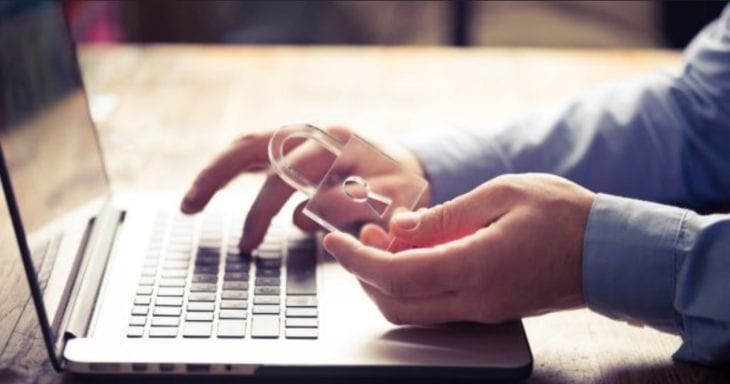Keeping your password safe is basic knowledge nowadays. Everything we have today is protected by passwords, sensitive business documents, credit card PINs, pictured we’ve taken and our social media like Facebook, basically our whole lives are behind those passwords. To keep all that safe we use various things like firewalls, two-factor authentications so let’s look at some other ways you can keep your passwords safe.

Source: independent.co.uk
Creating a strong password
The first thing you need to consider is not using personal information when creating a password. Don’t use your name or names of anyone closely related to you including names of pets in your passwords. Numbers that include the date of your birth, a phone number or even your address is something you also shouldn’t use. All of these can usually found publically like on a form you’ve filled or on social media profiles, something that is easily accessible to hackers.
Don’t use real words because password cracking tools are very efficient at helping hackers crack your password. These kinds of programs have the ability to go through every word in the dictionary, even words and numbers combinations. Instead of real words try using special characters or symbols. And also try mixing up lower and uppercase letters with a number and symbols like # or @ which increases the complexity of your password by a lot.
Now having a strong and complex password does not save you from yourself and having a strong password only makes it easier for you to forget it, which might prompt you to think about how to hack Facebook at PhoneSpying. Maybe you’ve lost your password and you have no way of getting it back or maybe you wanted to hack a friend’s Facebook profile for fun. If you really do need to hack a facebook profile there are various ways to do that. You can find hackers online that will help you do exactly that if you pay them money. But if you want to avoid all the trouble this entails you should make sure you do not forget your password.

Source: This is Money
You want to keep your password safe at all times, even if it means forgetting it you can still recover it with your email. Another piece of advice we have for you is to never type your password on another person’s computer since it can stay there without your knowledge if the person is using a key logger or something of the sort. When using your device on a public Wi-Fi network you ought to avoid going to websites that require you to sign in to your account, like shopping or banking. If you really have to use websites like that on public Wi-Fi networks then you should consider using a virtual private network or VPN for short.
When it comes to Facebook specifically the best way to give your password some extra security is to use two-factor authentication, as already mentioned. This method of authentication adds a second level of security to your account password by including something you know like your PIN number a different password or a pattern. It can also be something you have like an ATM or debit card, a mobile phone or a security token. Or it can even use a biometric phone of authentication which is becoming more and more popular nowadays especially on phones. It can use your fingerprints, your voice or your face and it’s usually very safe and secure.

Source: The Irish Times
And the last piece of advice we’ve got for you is to change your passwords on a regular basis, passwords you use for something like your bank account should be changed every one or two months and other ones 3 or 4 times per year. The longer you use the same password the more likely it can be hacked.
